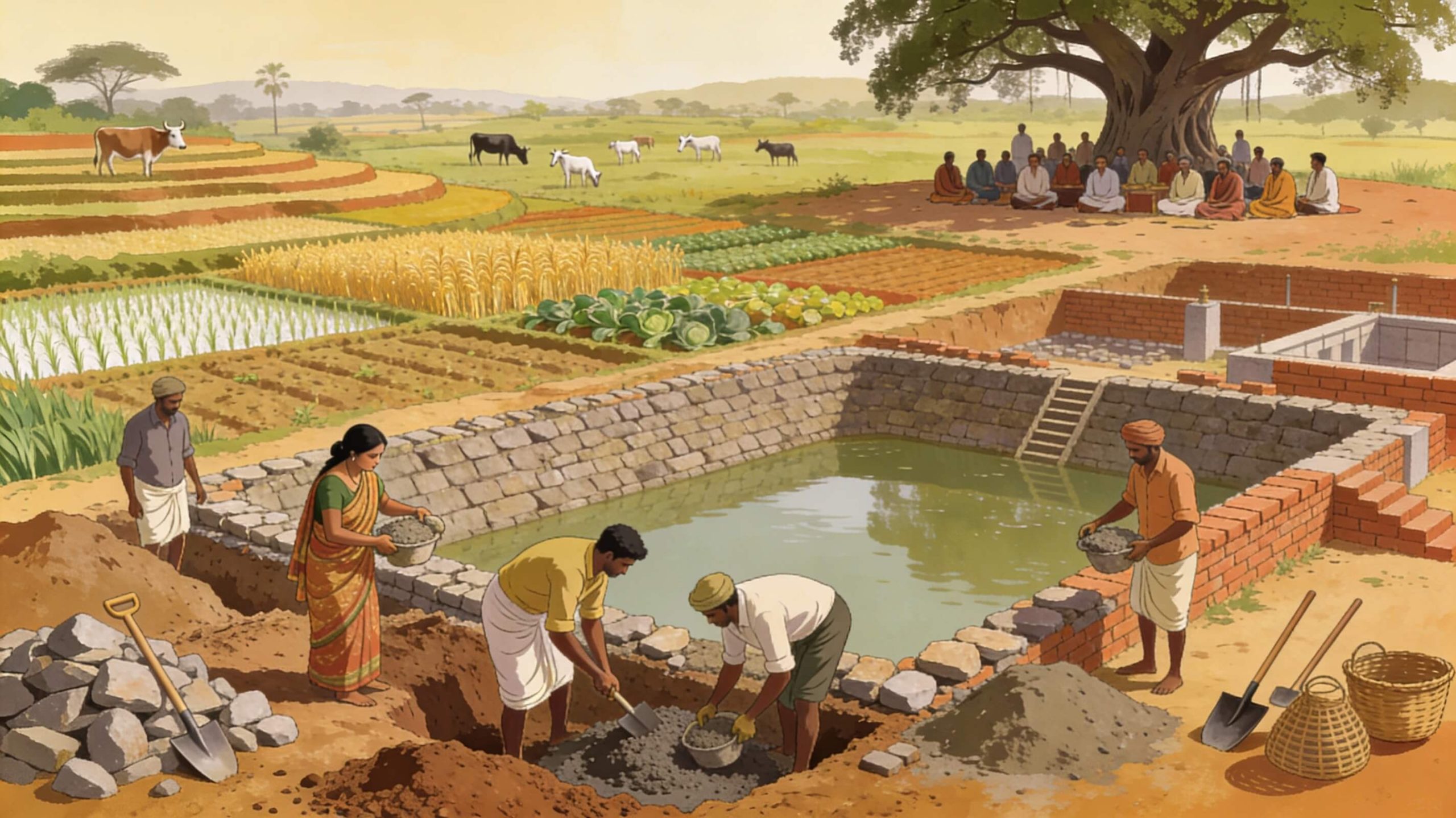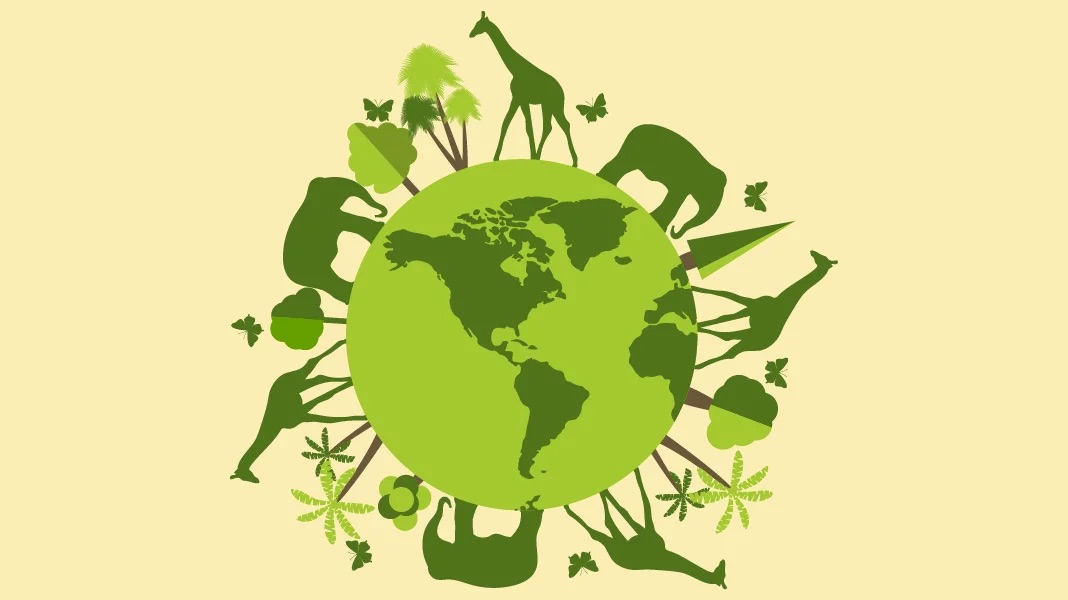As the deadline for negotiations approaches, US officials are urging India to open its agriculture market to genetically modified (GM) crops. Finance Minister Nirmala Sitharaman has emphasized that agriculture is a critical area, warning that accepting GM imports could harm farmers’ livelihoods and food safety. Since 1996, the global adoption of GM crops has increased significantly, with over 200 million hectares cultivated worldwide. However, India has only approved one GM crop: cotton. This decision came in 2002 under the leadership of Atal Bihari Vajpayee. Today, over 90% of India’s cotton is Bt cotton, which is also used in cattle feed. Despite this, many still question the safety and benefits of GM crops.
The introduction of Bt cotton led to remarkable growth in cotton production in India, from 13.6 million bales in 2002-03 to 39.8 million bales in 2013-14. This was a 193% increase, and productivity rose by 87%. However, since 2015, productivity has stagnated and even fallen, with yields dropping from 566 kg/ha to around 436 kg/ha in 2023-24, well below global averages. Various factors contribute to this decline, including pest problems and strict regulations against new seed technologies.
Currently, India faces challenges in approving new GM crops, such as Bt brinjal and GM mustard, which have been stalled due to regulatory hurdles. Farmers are turning to illegal seeds to combat pests, which raises concerns about crop failure and a lack of accountability for seed suppliers.
The current regulatory environment has made it difficult for biotech companies to invest in India’s agriculture sector. The Cotton Seed Price Control Order of 2015 has drastically reduced the royalties that companies can charge for Bt cotton seeds, deterring research and development. As a result, India now risks becoming a net importer of cotton, reversing years of progress.
Experts argue that India must embrace biotechnology to secure its agricultural future. Prime Minister Modi’s push for innovation is encouraging, but it requires actual implementation of advanced technologies. The future of Indian agriculture depends on adopting GM crops and ensuring that farmers can leverage these innovations effectively. As India navigates these challenges, it must balance safety concerns with the need for technological advancement in agriculture.




